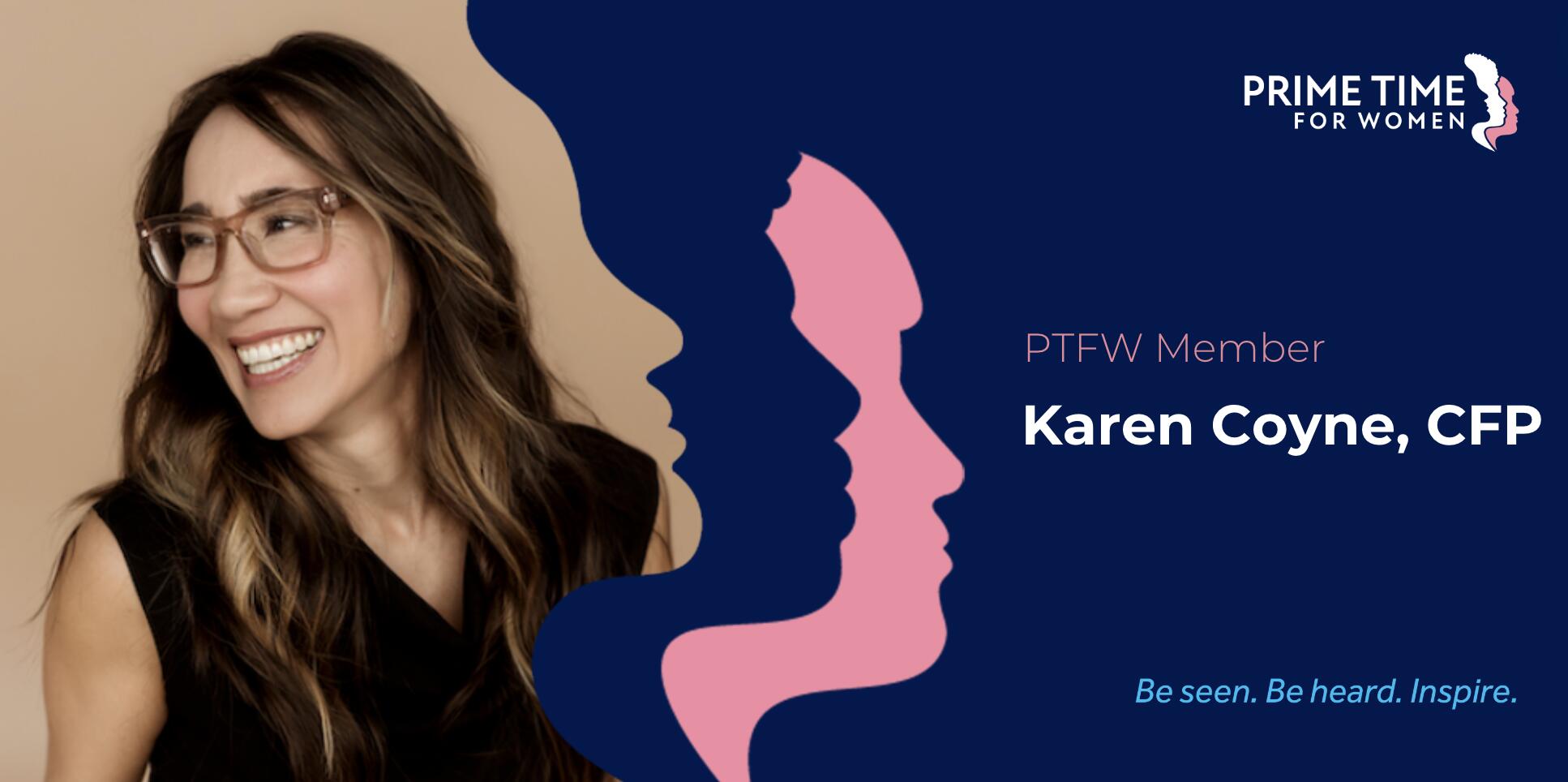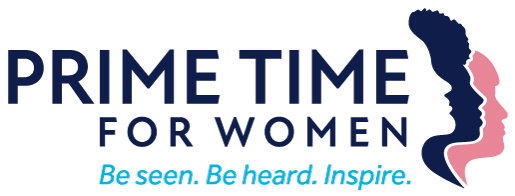Grab a glass of wine as Bernadette hosts Peggy Raley-Ward, founder and proprietor of Nassau…

Karen Decants
Since I joined financial services over 20 years ago, I have been hearing about the impact of aging baby boomers. Have you ever heard the pig in the python metaphor? The boomers are the chunky pig moving gradually inside the slender python, a disproportionate and unmistakable bulge shifting everything in its way until it finally comes to pass. Take education for example; America was forced to adapt by building more schools and hiring teachers as the young boomers increased enrollments by over 50% in the 1950s. Educating, feeding, housing, and entertaining this cohort has fueled economic growth for decades.
Today, baby boomers age in range from 60 to 78 years old and hold the majority of the wealth in the US. But like a healthy python, that bulky concentration of wealth is regularly shedding. A significant transfer of wealth is underway, with hundreds of trillions of dollars moving from the boomers and silent generation to the next generations—generation x and millennials—in the coming decades. What impacts will this have?
For starters, this transfer will significantly affect women, who, according to the business consulting firm McKinsey stand to control much of the $30 trillion in financial assets expected to be transferred to baby boomers by 2030. That’s not that far away! After many years of putting themselves last, raising a family, building a career, and caring for aging parents, I believe that many women for the first time in a very long time will ask themselves, “What do I want?” And with a little extra cash to provide some breathing room, they will look to find more joy, purpose, flexibility and longevity in their lives. We could see changes at work, in relationships, in housing, and an increased focus on wellness.
We are also still dealing with the disruptions from the pandemic and the increased appetite and demand for flexible working conditions. If someone is looking for more joy, purpose, and flexibility in their life, throwing more money at them isn’t necessarily going to solve the problem—especially if they now suddenly have more cash on hand from an inheritance. There’s already a labor shortage, so employers need to pay attention. In the coming years, those employers that provide more than just a salary—they help make work enjoyable, they offer flexible working options— stand to benefit while those that don’t will struggle to retain top talent. Interestingly, AI applications are abounding at the same time that the boomer workforce is aging out, which could help smooth out the transition to a leaner workforce if done right.
What does this mean for you? If you stand to leave an inheritance behind, talk to your children. No, you don’t have to share dollar amounts. But I encourage you to direct them towards resources to help them build familiarity around personal finance if they haven’t already. Some clients have done this by sharing my newsletter, podcast, or setting up an informal call or meeting. If you are an employer, regardless of the size or nature of your organization, listen to your people. Work is not going to look the same in 2030 as it did in 2019. Tune in and start shifting now. And if you are a woman, don’t wait to ask yourself, “What do I want?” Start now. It’s a tough one to answer.
Karen Coyne, CFP ® is the founder of Clarity Planning, an independent financial planning practice at Raymond James. Karen is committed to helping her clients make sense of how their money will best serve their values and vision.
Opinions expressed in the above article are those of the author and are not necessarily those of Raymond James. All opinions are as of this date and are subject to change without notice. Raymond James and its advisors do not offer tax or legal advice.
